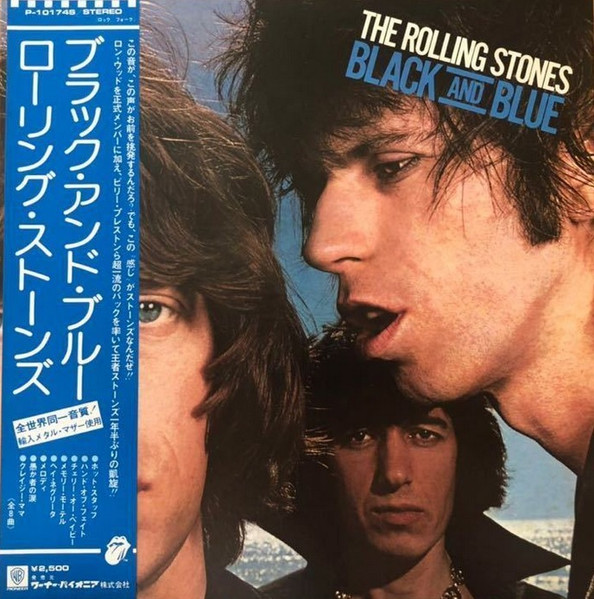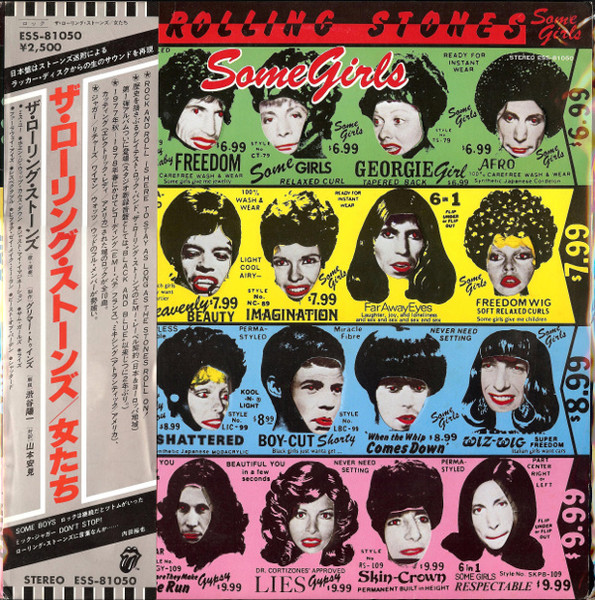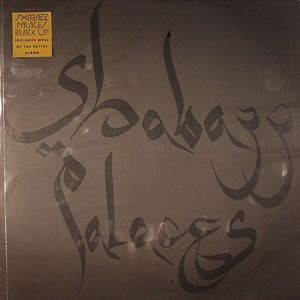You gotta research the specific titles you want. Just because it has an OBI doesn’t mean it’s better. OG Japanese pressings are often thought to sound better because they used better vinyl formula that had a quieter sound floor. I’d try to research how you would any other pressing. There are so many that some are more well-regarded than others. I believe the Odeons for Beatles are the ones to get. My brief look at Stones Japanese pressings seemed to indicate that you want the original Japanese pressings I think, but you may wanna research that a bit more. I got a Japanese pressing of The Wall that I think sounds fantastic.
Yes, but don't go by what the Hoffman followers or that guy in Arizona says. Way over-generalizing.
First - in general, Japan used second generation tapes taken 1 to 1 from the unequalized master. While some may scream about that, the fact is those tapes are often much better than the 3rd, 4th or 4th gen dupes that later domestic represses were made from.
Second - it is a myth, and misconception that Japanese rock pressings are 'bright'. The truth is - and that YouTube record store guy in Arizona doesn't have a clue - is that Japanese mastering engineers mastered for Japanese rooms and stereo systems. Construction and living spaces are so different in Japan that too much bass energy can be a problem. Also, Japanese electronics were often a bit dark, SET's were still widely used, and audiophiles tended towards horns or single driver systems - or regardless, did not have (again due to living spaces and construction types) big speakers with metal done tweeters. They were never mastered for Americans.
Japanese pressings were for Japanese consumers, in Japanese homes, on Japanese audio systems.
Third - most jazz pressings from Japan are very high quality, and there was much less tendency to soften the bass.
Fourth - the quality of Japanese vinyl was never equaled by the penny conscious domestic labels. Not even close. That alone accounts for much of the sonic superiority of Japanese vinyl.
Fifth - the Japanese have always been fastidious in caring for their vinyl, and Japanese manufacturers never used paper inner sleeves. Always a Nagaoka type rice paper round bottom inner. So, unlike American pressings, the sleeves have preserved Japanese pressed vinyl perfectly for half a century. Even today, too many domestic labels don't care about the longevity of the product - it's just another CPG to them, disposable, not built to last. To the Japanese, every pressing is archival quality.
Sixth - The Toshiba Pro-Use DSOTN and Abbey Road are awesome. There is no KPG in the runouts (there was never a cult of celebrity about the staff mastering engineers in Japan) but I doubt they could be equaled.
Seventh - there is much ado among internet so-called experts claiming that King BN's are better than Toshibas, Beatles Odeons are better than later Toshibas, and so on. Utter rubbish. The differences, if any, are really quite minor. Toshiba BN's sound amazing. The red vinyl mono Beatles Toshibas are fantastic. There are some King BN's that sound a bit better than their Toshiba counterpart, and vice versa, but not so wide a difference to matter much.
Eighth - sometimes, particularly getting into the 70's, you might find that the plates used came from a U.S. mastering. It is not at all unusual, for example, to find RVG in the runouts of a King CTI pressing. And it will sound WAY better than any other pressing, because of the quality of the vinyl vs. the paper thin recycled junk they were using in America.
I might be fortunate in that my setup favors Japanese pressings - I certainly don't have a bass deficit, and use open baffle full frequency single drivers with no crossovers.
And last - when a Japanese seller states NM, it is virtually virgin new. When they state EX- it's a pretty much NM record. Even a VG+ is probably excellent - that Japanese vinyl could take a fair bit of punishment. Good luck with that from domestic sellers of domestic pressings.




